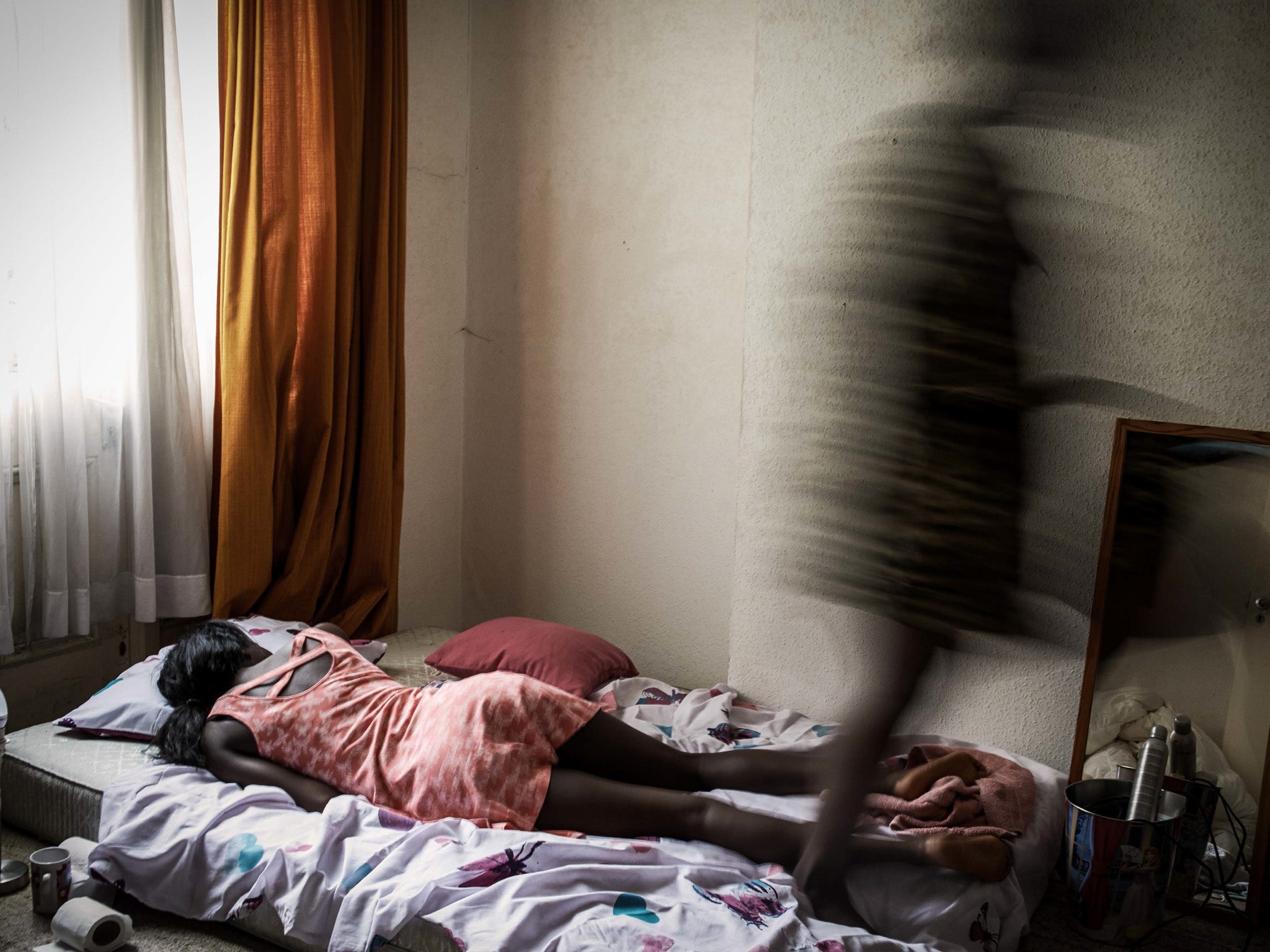Home Office cuts to modern slavery victims’ benefits are unlawful, High Court rules
Government ordered to make back-payments which could exceed £1m after judge rules decision to reduce subsistence rates for trafficked asylum seekers made on 'false basis and cannot stand'

A government decision to slash financial support for modern slavery victims has been ruled unlawful by the High Court.
The Home Office has been ordered to make back-payments which could exceed £1m after the judge ruled that a “very substantial cut imposed unilaterally” by the department was taken on “a false basis and cannot stand”.
More than 1,000 potential victims of trafficking have had their weekly benefits cut by over 40 per cent - from £65 to £37.75 per week – after the reduction was implemented by the Home Office without consultation with those affected or their support providers.
Evidence presented to the High Court from two victims of trafficking who brought the challenge and from charities showed the detrimental effect that the cuts had on them and others in “the highly vulnerable and distressing position of a victim of trafficking”.
The court heard that one of the claimants, a 30-year-old Albanian woman, had been sex trafficked to the UK and subjected to several rapes by different men each day, and subsequently suffers from depression and PTSD.
Following the cut in her support, she was no longer able to afford to travel to therapy, training and mentoring which were helping her to recover and develop skills that would mitigate the risks of re-exploitation. She became socially isolated and attempted suicide.
The other claimant, a Sudanese man, witnessed his father and siblings get murdered by government forces in his home country and was then subject to forced labour, beaten with iron bars and sexually abused in his home country, the court heard.
The 19-year-old, who was detained by the Home Office after arriving in the UK two years ago before being recognised as a potential victim of modern slavery, has experienced a deterioration in his mental health since his support was cut, placing him at risk of falling back into the hands of traffickers, his lawyers said.
Striking down the decision to cut support to victims, the judge held that “the claimants and anyone else subjected to the cut are entitled to be repaid at the rate of £27.25 per week from the date that the cut was imposed on them until the date of repayment”.
The judge also expressed dismay at the failure of the Home Secretary to issue guidance on providing assistance and support to victims, saying he had “an absolute duty immediately to issue the guidance that Parliament required of him” and that “any further delay would be completely unacceptable”.
Nusrat Uddin of Wilson Solicitors, who acted for the female claimant, welcomed the judgement, adding: "The cuts undermine efforts to defeat modern slavery by making victims more vulnerable at a crucial time when they are meant to be supported to recover and escape the influences of the traffickers.
"For over eight months, our client has been denied all the services vital for her recovery from her past traumatic experiences [...] The cuts prevented our client from maintaining contact with her support network or attending her counselling and vocational activities. It made her feel powerless again and she felt so hopeless about her future that she attempted suicide.
"A back payment can’t make up for the lost time and support but we hope that at least now our client and others affected by these cuts can start to stabilise and rebuild their life again.”
Silvia Nicolaou Garcia, associate solicitor at Simpson Millar acting for the male client, said: "Such a significant reduction to the subsistence payment forced our client into an increasingly untenable and, frankly, inhumane situation.
“He couldn’t afford the travel necessary to meet with his solicitors, which he is required to do on a regular basis; he had accrued debt; and he could no longer afford to buy clothes, food, or mobile credit to allow him to keep in touch with his professional support network or his friends.
“We hope that the reversal of the cuts, and a back payment to cover losses will help to provide stability, and importantly, safety for him.”
The High Court’s findings are likely to impact on the Home Secretary’s plans to align the rates of support for victims of trafficking with those of asylum seekers next year.
Responding to the judgement, Anna Sereni, of Anti-Slavery International, said: “It’s a great win for victims of trafficking who are asylum seekers. Hopefully they will be able to breathe a bit more easily rather than worry what to put on their plates or how to access basic things such as healthcare or counselling.
“It is important to highlight a difficult environment that slavery victims operate in, where a bureaucratic system isn’t supportive enough and responsive to their specific needs. We hope the government will follow up on its commitment to support all slavery victims to fully recover from their ordeals.”
Subscribe to Independent Premium to bookmark this article
Want to bookmark your favourite articles and stories to read or reference later? Start your Independent Premium subscription today.

Join our commenting forum
Join thought-provoking conversations, follow other Independent readers and see their replies